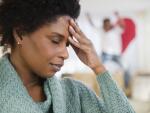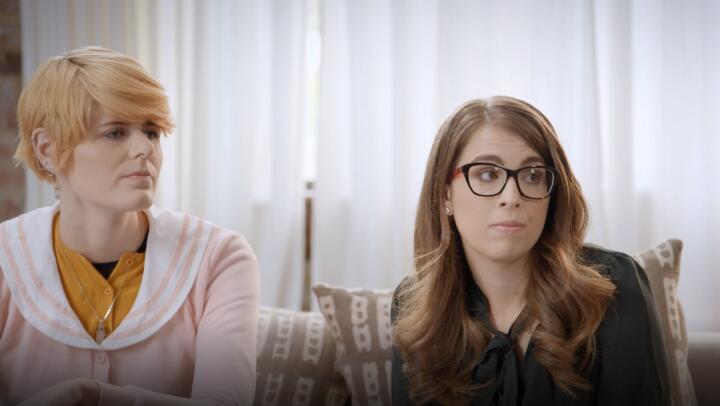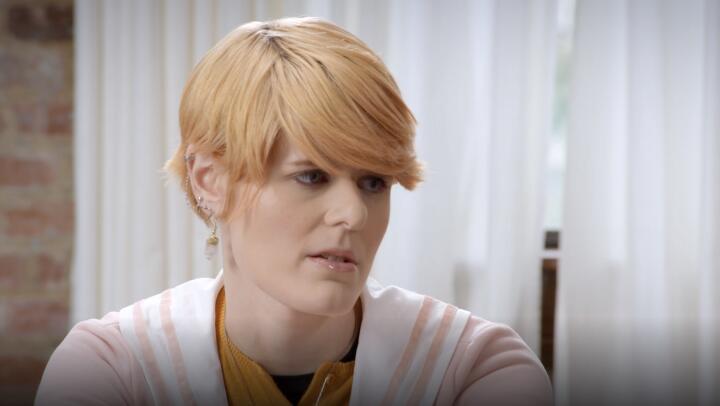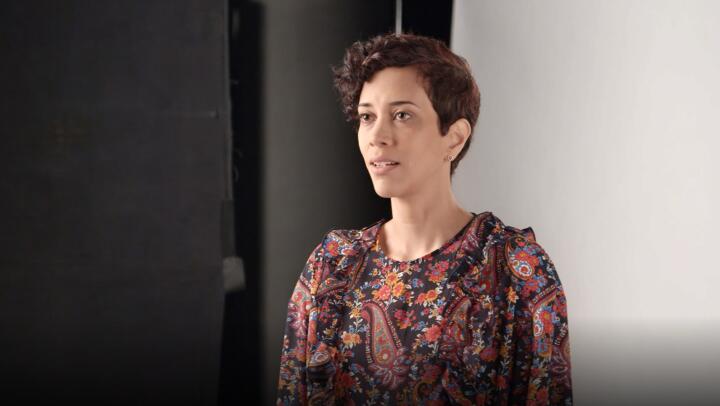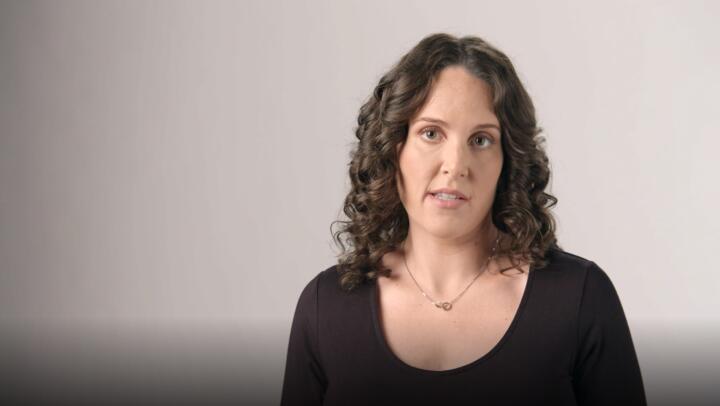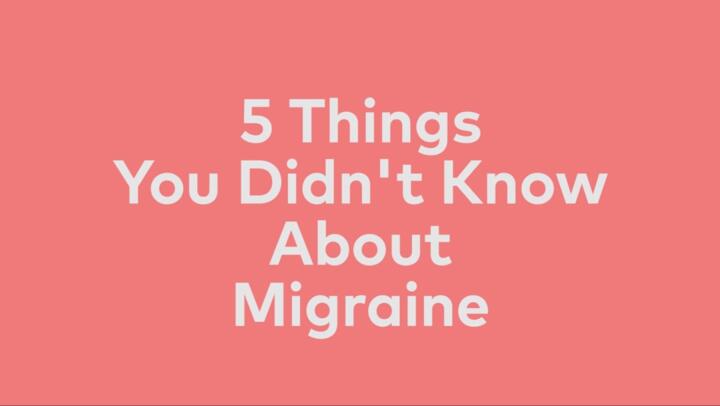
Headaches can be a mere annoyance, or they can be debilitating. A tension headache caused by work stress might inconvenience you temporarily, but a severe migraine might force you to miss days of work. Regardless of the type of headache, some headache prevention strategies might actually make the pain worse or cause your head to throb more frequently instead of less. Find out what you need to know about what makes a headache worse—and what not to do when your head is pounding.
Don’t reach for caffeine.
While it’s true caffeine may be an effective treatment for migraine, it’s also true that taking caffeine regularly can increase headache frequency and reduce the efficacy of caffeine as a treatment because your body builds up a tolerance for the substance. Caffeine dehydrates the body, which can make all types of headache pain worse, and caffeine withdrawal also can spark a serious headache. In general, if you get headaches frequently you should avoid daily caffeine usage.
Don’t sleep too much—or too little.
Both oversleeping and under-sleeping can increase headache frequency, so try to get a consistent amount of rest every day. You can develop a healthy sleeping pattern by:
Avoiding watching television, reading on a mobile device, or gaming while in bed (or just before you go to bed)
Avoiding caffeine, nicotine and alcohol consumption within several hours of bedtime
Creating an inviting sleep environment that’s very dark and cool
Getting plenty of sunshine during the daytime, which helps your body regulate its sleep/wake cycle
Going to bed at the same time every night, even on weekends and during vacations
Maintaining a bedtime routine that allows you to wind down in a consistent manner every evening
Rising at the same time every morning, even on weekends and during vacations
Using the bed only for sleep and sex
Developing good sleep hygiene like this might decrease the frequency of your headaches.
Don’t get dehydrated.
Dehydration can make your head throb, as your brain is deprived of fluid that helps it function at optimal levels. Chronic dehydration can cause frequent headaches, and, conversely, rehydrating your body can ease headache pain. Be sure to drink plenty of water daily, along with eating fluid-rich foods like cucumbers, berries and melons. These foods can help you stay hydrated and avoid headaches. Sports drinks may also be helpful in staying hydrated, but many of them contain excessive amounts of sugar and sodium that may not be healthy for some people. Other beverages and foods might provide a better hydration choice, especially for children.
Don’t let your stress get out of control.
Acute stress can trigger a headache or make the pain of an existing headache worse. Mental stress can cause muscle rigidity that leads to a tension or stress headache, so developing strategies to manage your stress levels can reduce the frequency of your headaches. Try yoga, meditation, massage and physical activity to relieve stress—and the pain of that nagging headache.
What Helps a Headache
In addition to the strategies mentioned above for coping with things that make a headache worse, you can take steps to relieve headache pain or reduce the frequency of headaches by:
Adjusting your workstation elements for good office ergonomics to avoid tension headaches caused by spinal misalignment or chronic neck flexion
Applying heat to the neck, shoulders or upper back to relieve muscle tension causing a headache
Taking an over-the-counter pain reliever, such as aspirin, ibuprofen or acetaminophen
Taking a hot bath or shower, which can relieve the pain and pressure of a sinus headache and relax the tight muscles contributing to a tension headache
Trying butterbur or magnesium supplements to ease migraine pain
Using aromatherapy—particularly lavender essence—to reduce pain during a headache episode
No single strategy can prevent every type of headache, including migraine and cluster headaches, but you can take steps to avoid making the headache worse and possibly prevent future episodes.




